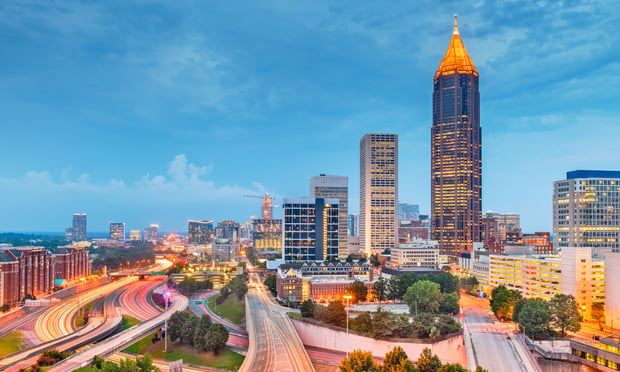Given the magnitude of the lodging downturn--which was already in the works, thanks to a softening economy--the possibility of a midyear 2002 recovery is very good news. And that's exactly what respondents to our latest Quick Survey are telling GlobeSt.com.
Most participants (21%) predict that RevPAR for upscale, full-service hotels will bottom out by Q2 of next year, while slightly less (20%) say the sector has already hit bottom. Q3 of next year is cited as the turnaround quarter by 17% of the participants while Q1 is the target bounce for 16%. Some 15% think that the recovery will start no sooner than 2003, while 11% are waiting for next year's fourth quarter.
 |
 |
Recommended For You
 |
 |
 |
 |
"Yes, I think there are a number of companies that are fearful regarding travel. Also, there are a number of companies that are using a crisis as an excuse for poor performance."
"It seems so. Business has to get back to doing business, but lots of companies are waiting in the wings, delaying decisions, putting work on hold, playing wait-and-see."
"No. Corporate America is exercising a reasonable level of prudence to get a better handle on where the economy is heading."
"It is not corporate America's job to gratuitously send people traveling around to prop up the travel industry. I believe that corporate America will discover more efficient ways to do business and that there will be a permanent reduction in travel."
"Bush's business-as-usual mandate is not congruent with reality. These are unique times, even more troublesome than the '60's, which had Cold War, assassinations, Vietnam, race riots."
© 2025 ALM Global, LLC, All Rights Reserved. Request academic re-use from www.copyright.com. All other uses, submit a request to [email protected]. For more information visit Asset & Logo Licensing.








